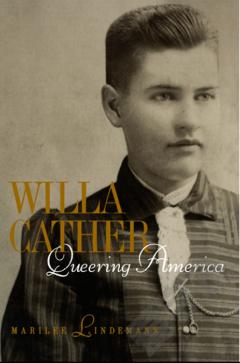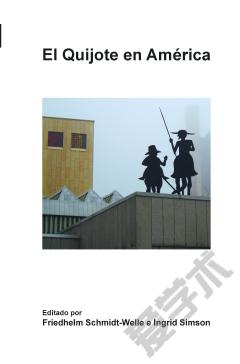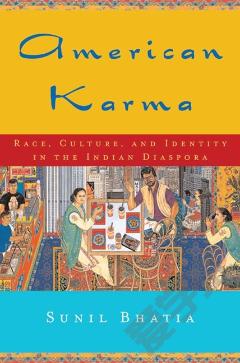Willa Cather —— Queering America
----- 薇拉•凯瑟:美国同性恋
Although it has been proven posthumously by scholars that Willa Cather had lesbian relationships, she did not openly celebrate lesbian desire, and even today is sometimes described as homophobic and misogynistic. What, then, can a reassessment of this contentious first lady of American letters add to an understanding of the gay identities that have emerged in America over the past century? As Marilee Lindemann shows in this study of the novelist's life and work, Cather's sexual coming-of-age occurred at a time when a cultural transition was recasting love between women as sexual deviance rather than romantic friendship. At the same time, the very identity of "America" was characterized by great instability as the United States emerged as a modern industrial nation and imperial power. Indeed, both terms, "queer" and "America," achieved fresh ideological potency at the turn of the century. Willa Cather: Queering America is an enlightening unpacking of Cather's writings, from her controversial love letters of the 1890s--in which "queer" is employed to denote sexual deviance--to her epic novels, short stories, and critical writings. Lindemann points to the "queer" qualities of Cather's fiction--rebellion against traditional fictional form, with sometimes unlikable characters, lack of emphasis on heroic action, and lack of engagement in the drama of heterosexual desire.
{{comment.content}}








 京公网安备 11010802027623号
京公网安备 11010802027623号